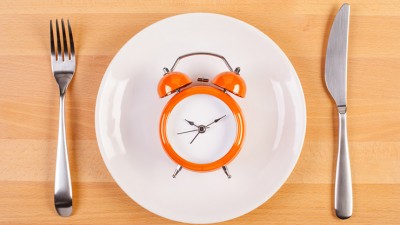
The Shulchan Aruch rules that a woman who gave birth within three days before Yom Kippur is entirely exempt from the Yom Kippur fast, and is permitted to eat on Yom Kippur as much as she normally does. Since a woman during this period is exceedingly frail, any diminishing of her food intake could be injurious to her health, and so she is allowed to eat as usual. According to the Shulchan Aruch, this exemption applies only if the woman gave birth within three halachic days before Yom Kippur. This means that if she gave birth at 2pm on Monday, the first day ends several hours later, at sundown, and the third day ends with sundown on Wednesday afternoon. Therefore, if Yom Kippur begins Wednesday night, then according to the Shulchan Aruch, she must observe the fast (and she is allowed to eat only if she feels a special need to do so). Other Poskim, however, disagreed, and maintained that a woman is entirely exempt from the Yom Kippur fast for a full 72 hours after childbirth. And so in the case of a woman who gave birth at 2pm on Monday, the exemption extends until Thursday afternoon. Since the issue at stake is the woman’s health, and a potential risk to life, Halacha follows the lenient position, even against the ruling of the Shulchan Aruch, and so the exemption extends for a full 72 hours after childbirth. Nevertheless (as noted by the Sha’ar Ha’siyun), after the third Halachic day the woman should not eat as much as she wants, but should eat only as much as she feels she needs to in order to maintain her health. Although she is, strictly speaking, exempt from fasting, it is proper at this point for her not to eat normally, but only what is necessary. The 72-hour period begins at the time the baby is delivered – as opposed to the time when active labor began – and it ends after 72 hours, even if this period ends in the middle of Yom Kippur. Thus, in the case described above, where the 72 hours end at 2pm on Thursday, which is Yom Kippur, the woman is required to fast after 2pm, and she may eat only if she feels a special need. If the 72-hour period ends an hour or so into Yom Kippur, then the woman should be stringent and observe the fast, if she is physically capable of fasting. Since in any event there is only one hour or so when she would be permitted to eat, and she does not need to eat every hour, it is proper in this case for her to observe the fast, and to eat only if she feels it is absolutely necessary.
By Rabbi Eli Mansour
The Yom Kippur Fast – Guidelines For a Woman Who Has Just Given Birth
Typography
- Smaller Small Medium Big Bigger
- Default Helvetica Segoe Georgia Times
- Reading Mode




